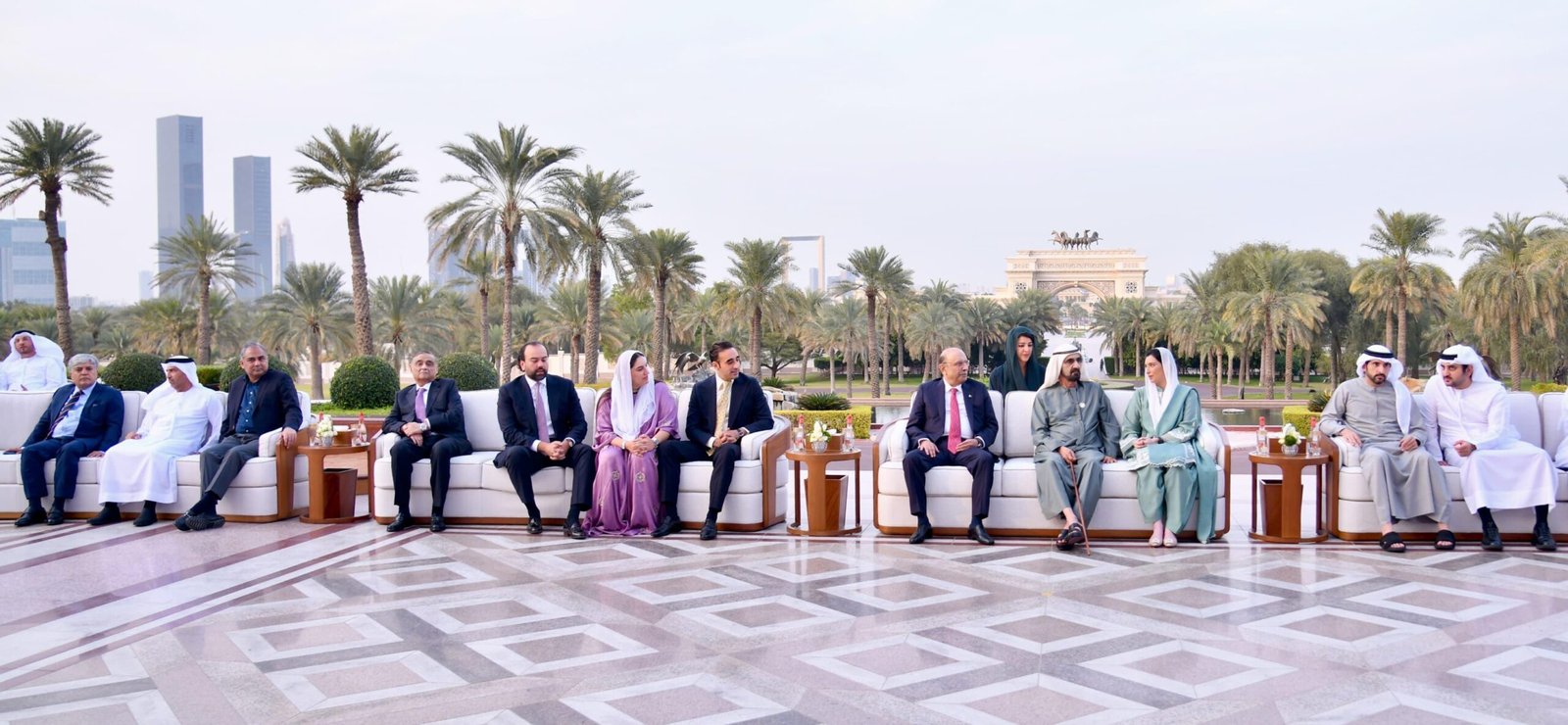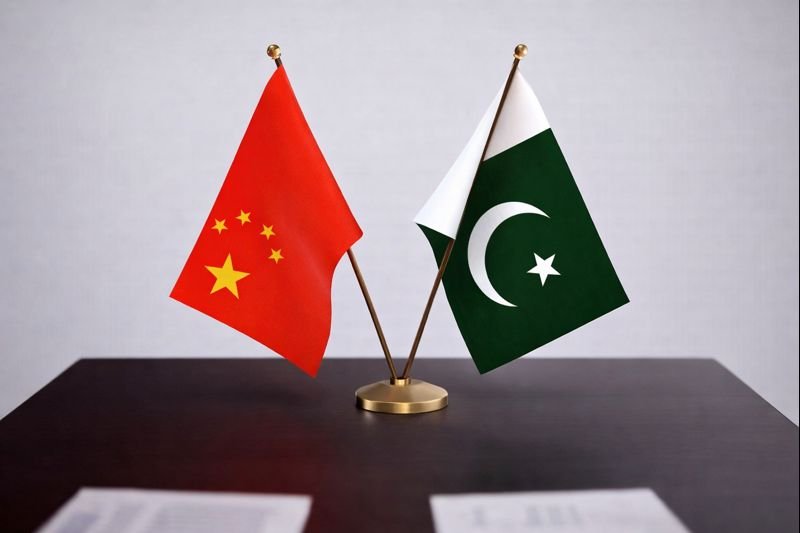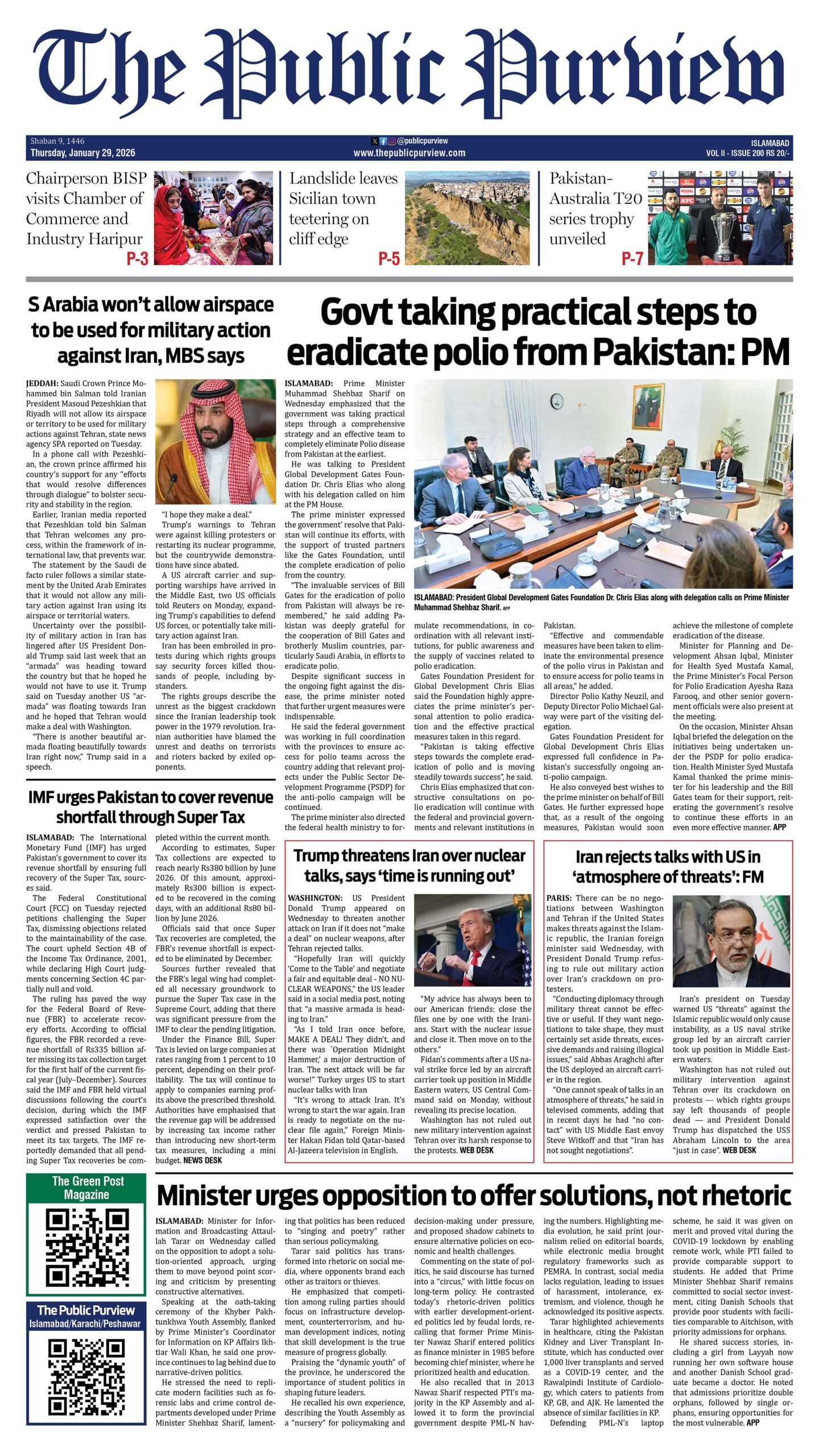
By Iftikhar Khattak
What has caused our system to continue to malfunction after decades of complaints and promises? This is not a coincidental response; it is intentional. Our structure was deliberately set up to guarantee that a particular class maintains its wealth, power, and protection while the majority of people are left in poverty, powerlessness, and soundlessness.
These days, our educational system is just a competition for degrees and grades. Teachers emphasise Ratta System (memorisation) over critical thinking, and students are reluctant to raise questions. The renowned philosopher Socrates famously remarked, “I can only make people think; I cannot teach them anything.” However, thinking is seen as illegal here. Pupils who dare to think are either expelled from the system or labelled as rebels. As Paulo Freire correctly pointed out education is about raising consciousness as much as it is about teaching facts. A conscious society dares to question, and questioning is a challenge to the establishment here, which is why our educational system is sadly eroding consciousness.
Justice has also evolved into a tool of power. Courts have become silky carpets for the powerful and a difficult path for the weak. The goal of education, according to Bertrand Russell, is to make us sympathetic towards the suffering of others as well as our own. When education makes society indifferent, justice is reduced to a joke. While powerful individuals obtain bail in a single day, ordinary persons must wait years for justice.
Inequality is also the foundation of Pakistan’s economic system. A small number of people own the majority of the wealth, resources, and opportunities. High costs, inflation, and unemployment affect the poor; subsidies, exemptions, and privileges benefit the rich. According to Will Durant, “History teaches us that revolution becomes inevitable when wealth is concentrated in the hands of a few and the majority is left hopeless.” This injustice is the result of a well-thought-out scheme. If oppression persists in a system, it is not a coincidence; rather, it is the actual intent and design of the institution.
Empires are built on ideas and ideals, not just power, as history demonstrates, and they collapse when they are undermined. Despite its unparalleled might, the Roman Empire fell when moral values, intellectual freedom, and social fairness were violated. The famous quote from Ibn Khaldun reads, “Nations die from within, not from outside.” When science, justice, and understanding were suppressed, the Abbasid Caliphate and the Ottoman Empire suffered the same destiny. Decline tore down the walls, not just knocking on their door.
Quaid-e-Azam, our founding father, envisioned Pakistan as a modern, democratic nation founded on equality. However, bureaucracy, firmly established interests, and elites quickly overshadowed that dream. No system has genuinely benefited the public interest since the inception of this country, not in the areas of justice, education, or the economy.
We have to acknowledge that the system will remain the same on its own. Awareness, opposition, and action are all required for the change. Asking questions that make the system anxious is the first step. Critical thinking must be promoted in education instead of memorization. The judiciary has to be reconstructed based on real justice and liberated from the grip of power. The economy needs to move away from privilege and towards equality.
“The purpose of education is not just earning a livelihood, but building character,” as Maulana Abul Kalam Azad once stated. Unfortunately, rather than fostering character, our educational system restricts it. Students are not equipped for responsible citizenship; they are simply prepared for employment. Thanks to this, despite being a degree-holding society, we remain intellectually barren.
Pakistan’s tragedy is not a lack of resources but a flawed value system. Societies are built on intellectual freedom, justice, and knowledge growth. When Muslim rulers in Spain embraced science, philosophy, and knowledge, Europe was in darkness. However, when sectarianism, authoritarianism, and nostalgia took over, that civilization declined.
Throughout history, we have been taught that ideas and ideals, not weapons or economy, are what build and destroy nations. Japan shifted its objectives after World War II, emphasizing research, education, and group discipline. It became a world leader in science, economics, and morals in a matter of decades.
However, in 77 years, Pakistan has attempted many constitutions, military takeovers, and dozens of educational systems, but has never established a long-lasting, public-friendly system. Why? Thus, each system is made to benefit particular groups rather than the general population.
We need to acknowledge that the system was intentionally designed that way and stop just stating that it is flawed. We need to consider whose knowledge we are relying on. Which justice are we willing to accept? Whose economy are we depending on?
We require a new social contract that respects all people equally, makes those in positions of authority responsible for the law, and allows the public the freedom to think, question, and speak. Considering that failing to do so will not only silence us but also doom our future generations to the same darkness.
Change requires commitment. It requires bravery. It calls on us to reclaim our future by challenging, educating, and uniting in the pursuit of equality and justice.






 Today's E-Paper
Today's E-Paper